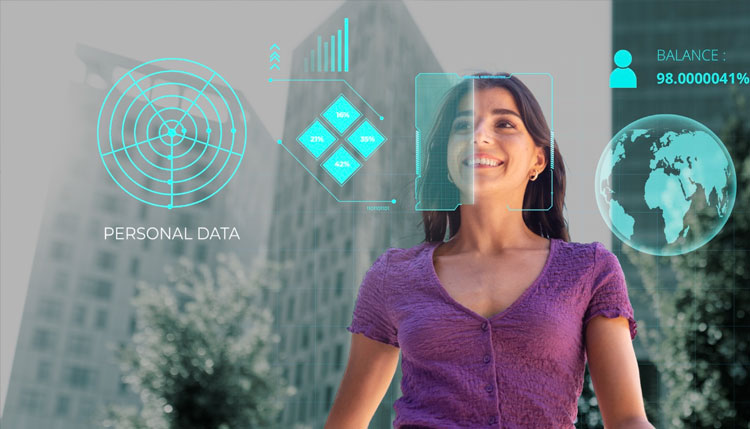
The Rise of Decentralised Biometrics
The rise of blockchain technology has paved the way for decentralised identity management systems, which provide a more secure and privacy-focused approach to managing identities. These systems are gaining popularity as concerns around data breaches and identity theft continue to grow.
Decentralized identity management allows individuals to take control of their own identities by storing their personal data on a distributed ledger, such as a blockchain. This means that they no longer have to rely on third-party providers to manage their identities, which can be vulnerable to hacking and other forms of data breaches.
One example of a decentralized identity management system is uPort, which is built on the Ethereum blockchain. uPort allows individuals to create their own digital identities, which can be used to verify their identity for a variety of purposes, such as accessing government services or opening a bank account. The system uses cryptographic protocols to ensure the security and privacy of users’ personal data.
Another example is Sovrin, which is built on the Hyperledger Indy blockchain. Sovrin provides a decentralized identity network that allows individuals to control their own personal data and share it securely with others. The system uses a distributed ledger to ensure the authenticity and integrity of users’ identities and transactions.
According to a report by MarketsandMarkets, the global market for decentralized identity management is expected to grow from $316.5 million in 2020 to $1,661.1 million by 2025, at a compound annual growth rate of 39.3%. This growth is being driven by the increasing demand for secure and privacy-focused identity management solutions, as well as the growing adoption of blockchain technology.
One of the key benefits of decentralized identity management is that it provides greater privacy for users. Because users control their own personal data, they can choose what information to share and with whom. This can help to prevent identity theft and other forms of fraud, as well as protect users’ personal information from being used for targeted advertising or other forms of surveillance.
Another benefit is that decentralized identity management can provide a more seamless and efficient user experience. Because users have control over their own identities, they can quickly and easily verify their identity for a variety of purposes, without having to go through a lengthy and cumbersome identity verification process with a third-party provider.
However, there are also some challenges associated with decentralized identity management. One of the biggest challenges is interoperability, as there are currently multiple decentralized identity systems that are not necessarily compatible with each other. This can create difficulties in sharing and verifying identities across different platforms and services.
Another challenge is adoption, as decentralized identity management systems are still relatively new and untested. There is a need for greater education and awareness among both consumers and businesses about the benefits and limitations of these systems, as well as a need for greater standardization and regulation to ensure interoperability and security.
In conclusion, decentralized identity management systems are a promising new approach to managing identities in a more secure and privacy-focused way. While there are still challenges to be overcome, the growing adoption of blockchain technology and the increasing demand for privacy and security in identity management are likely to drive the continued growth and development of these systems in the coming years.
We at TrueID, always share the latest and trending information related to biometrics and identity management on our blogs section. Please stay tuned to www.trueid.in











